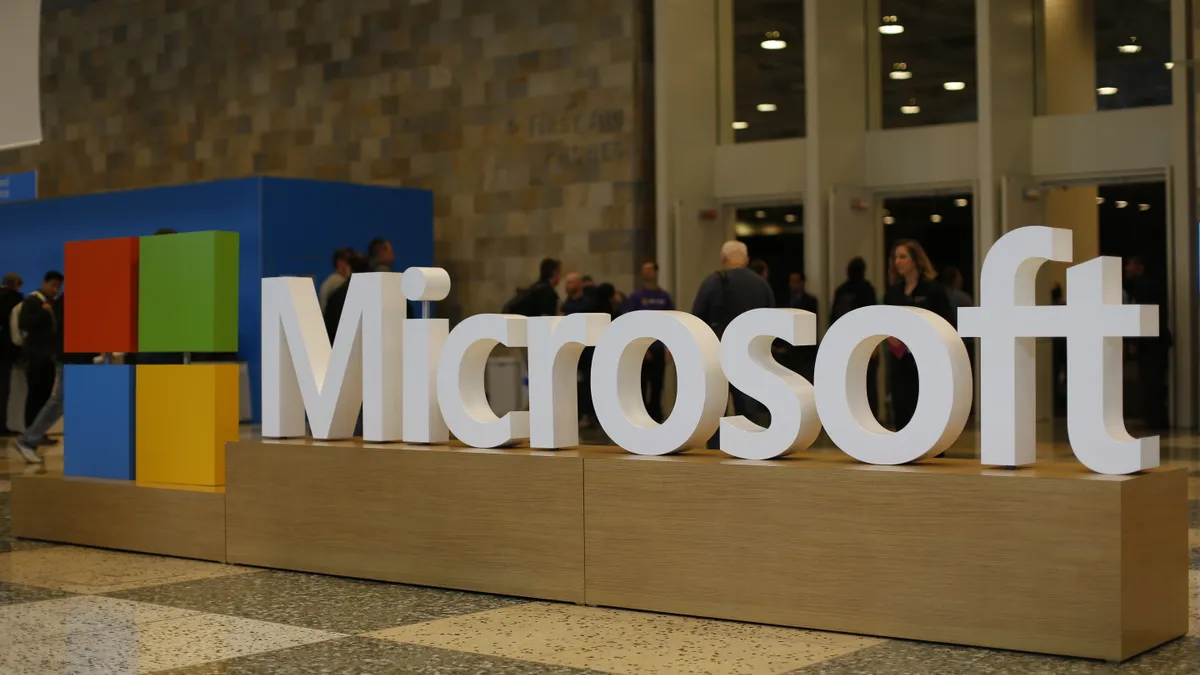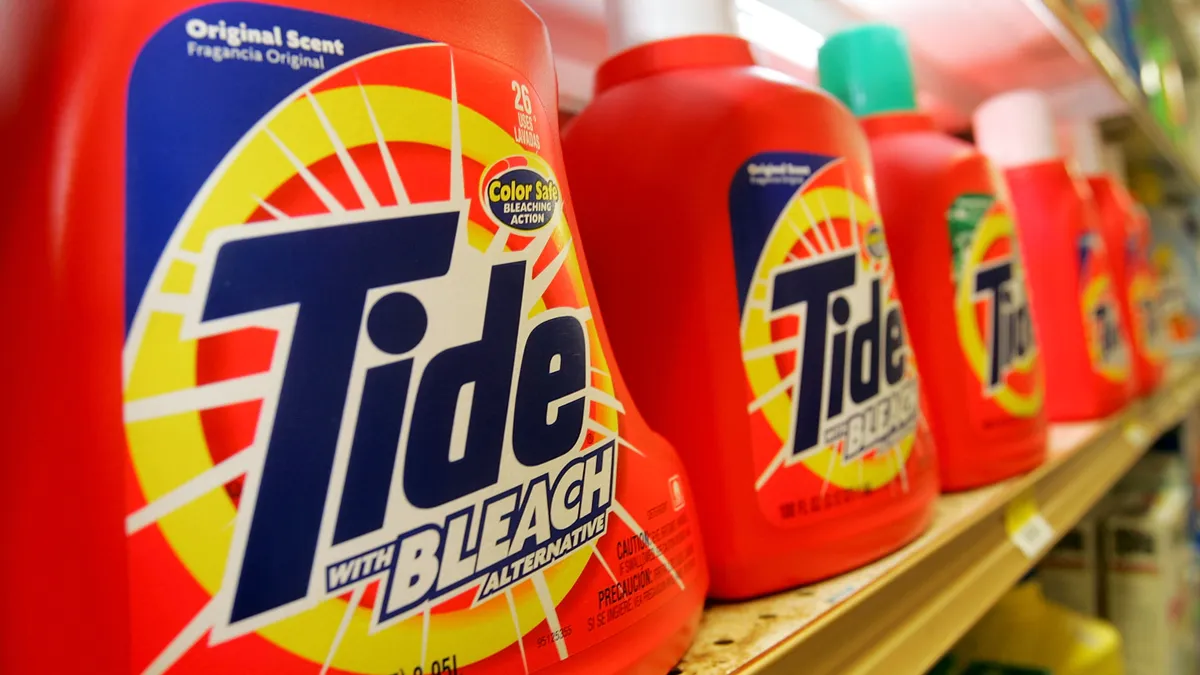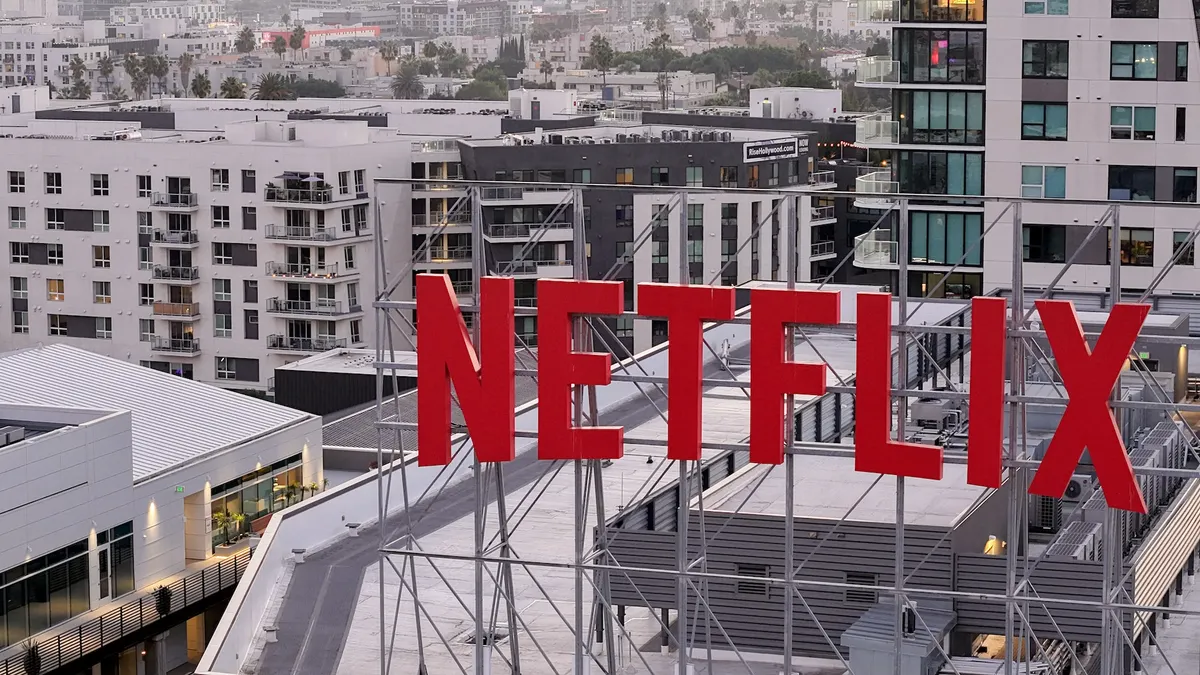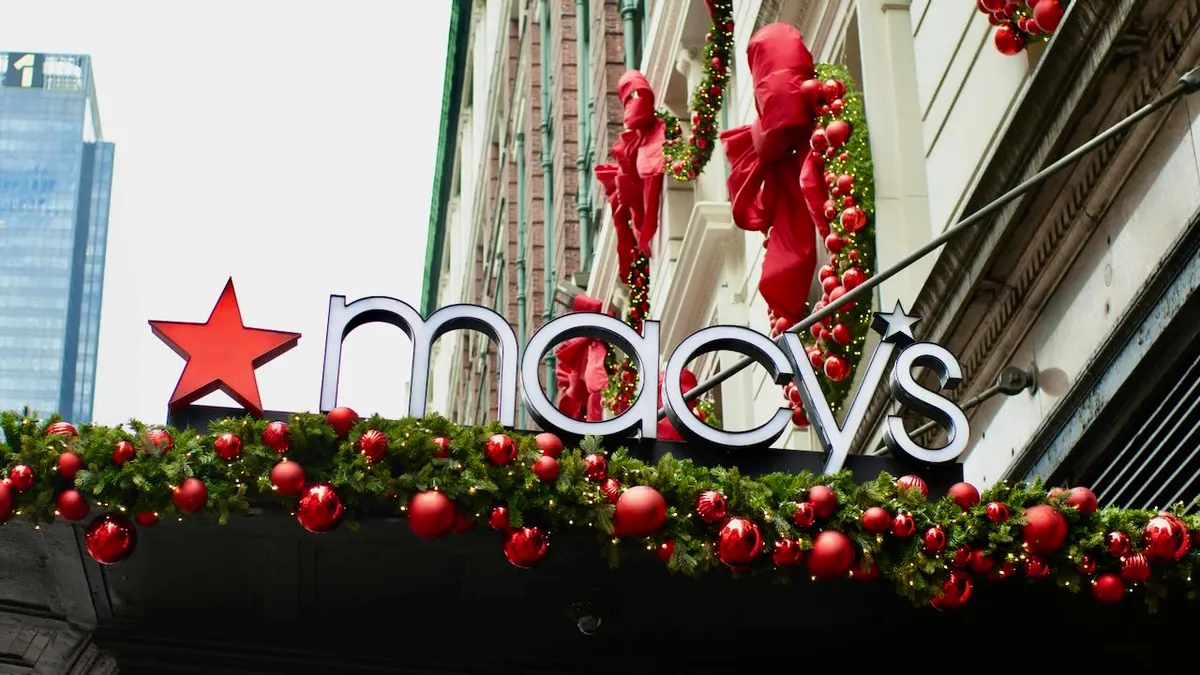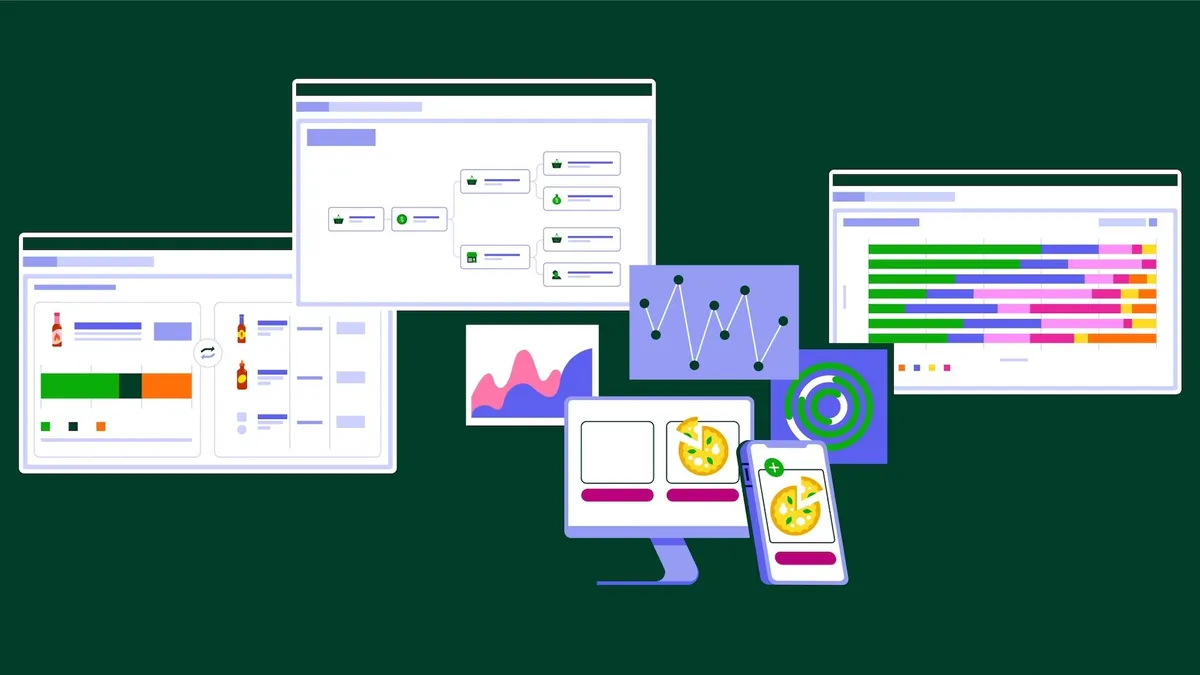NEW YORK — Microsoft is shifting its artificial intelligence-powered version of Bing from limited to open preview, eliminating waitlists to trial the product supported by OpenAI software like GPT-4. The move welcomes more consumers onto a platform that uses a type of generative AI technology that the firm sees as the next evolution of the internet and channels that are crucial to advertisers, including search.
“Chat is at the center of everything,” said Yusuf Mehdi, Microsoft’s consumer CMO, at a media event in Manhattan Wednesday. “Chat is transforming search.”
As the availability of AI-powered Bing expands, Microsoft showcased more bells and whistles on the way. The platform is in the process of incorporating image-based searches after previously focusing on text prompts. An in-person demonstration showed someone dropping a picture of a crotchet dog into the interface, which then produced craft ideas as a response. At the same time, answers to searches are expected to become more visual, surfacing charts, graphs and image assets to complement text.
More media-rich ways to search are part of Microsoft’s strategy of pushing its AI tools from being session-only, where a user has a potentially useful but ephemeral interaction, to a “productivity experience,” according to Mehdi.
Its Edge browser, for instance, is implementing a chat history and persistent chats so people can pick up an old thread where they left off or keep their chat window open as they jump to other pages. Microsoft is also working on letting users export and share their Bing chats to other channels like social media, which it said is one of its most-requested features and should open more collaboration opportunities.
Other uses of generative AI from Microsoft include the Bing Image Creator, which is expanding to support over 100 languages, and the ability to quickly summarize and comb through documents like a long PDF file. The image generator has produced over 200 million images since its debut, according to Microsoft.
Beyond encouraging more consumers to sign up — accessing the upgraded Bing requires a Microsoft account — Microsoft wants to bring more developers into the fold through third-party plugins. The company is working with partner OpenAI, the ChatGPT and DALL-E developer, on enabling such capabilities. OpenAI made its ChatGPT and Whisper AI solutions easier for other businesses to integrate via APIs in March.
At the event, Microsoft showed off partnerships with OpenTable and Wolfram|Alpha that helped users find and book a restaurant and receive answers to complex math questions, graphs included. The timing of these third-party implementations going wide wasn’t immediately clear, but a blog post indicated that there would be more to share at the Microsoft Build event later in May. Executives emphasized that Wednesday’s preview marked Microsoft making a big next step in realizing a more sophisticated form of search.
“Today is the start of the next generation of the search mission,” said Mehdi.
Advancing the search mission
Microsoft’s early lead with generative AI has shaken up the search conversation and pressured rivals to double down on their investments in the tech. Google is prioritizing its own Bard large language model, a competitor to ChatGPT, and has been questioned by investors about how the software could affect search functions and advertising. The category leader, Google saw its search revenue up 2% year-over-year in the first quarter, while overall advertising revenue was down.
Microsoft’s share of the market remains comparatively tiny, but the firm has successfully attracted the interest of people who are excited by the prospects of AI. Bing has exceeded 100 million daily active users, while installs of its mobile app have quadrupled since the AI update in February. In that timeframe, consumers have engaged with more than half a billion chats, Microsoft said. The revamped search engine has run ads since its rollout but in a limited capacity.
As generative AI hype gains steam, skepticism has grown as well. Concerns that the technology can produce off-putting, inaccurate results have led some to call for tighter restrictions. Questions around intellectual property and potential disruptions to the workforce and creative fields have also sparked fierce debates. Marketers including General Mills have started to look into solutions that could combat brand safety problems arising from AI.
Microsoft in March laid off a team focused on ethics in AI, though it has other roles focused on responsible applications of the technology. Executives said Wednesday’s event was in the spirit of keeping its tech developments open to feedback.
“You have to be grounded in great, responsible AI principles,” Mehdi said.


